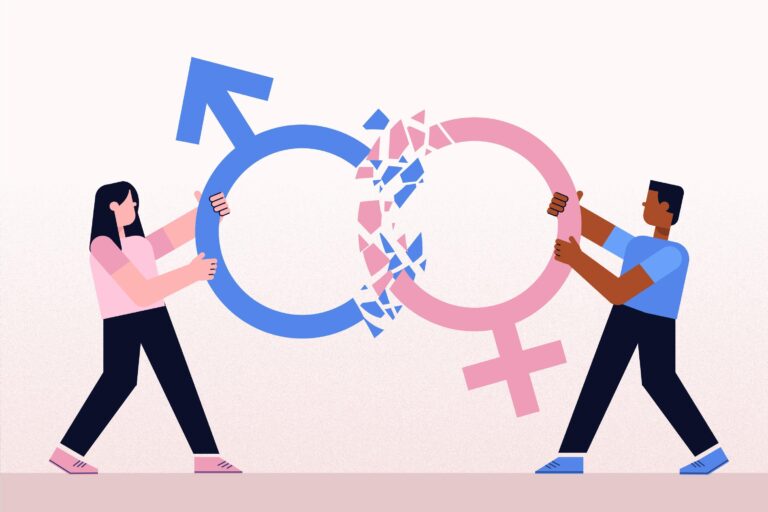Beyond the Classroom: Unleashing the Power of Internships and Experiential Learning
In today’s competitive job market, theoretical knowledge alone is often insufficient for students and graduates to secure fulfilling careers. Employers increasingly seek candidates with practical experience and a deep understanding of real-world challenges. This is where internships and experiential learning opportunities play a vital role. In this article, we will explore the power of internships and experiential learning and how they can shape the future success of individuals.
Bridging the Gap between Education and Employment
Internships and experiential learning programs serve as a crucial bridge between the knowledge acquired in academic settings and the practical application of that knowledge in real-world scenarios. These programs offer students the invaluable opportunity to put their theoretical understanding into practice, gaining hands-on experience that goes beyond what can be learned in a classroom. By participating in internships, students are exposed to the intricacies and dynamics of their chosen industry. They witness firsthand how concepts and theories are applied in real-world scenarios, gaining a deeper understanding of the challenges and opportunities that exist in their field of interest. This practical experience enables them to see the relevance of their academic studies and how they can contribute to the overall functioning of an organization or industry.
Skill Development and Enhancing Employability
Through internships, students have the chance to enhance their communication abilities by engaging with professionals, colleagues, and clients in real-world scenarios. They learn how to effectively convey their ideas, collaborate with others, and present their work in a professional manner. These communication skills are essential in any workplace setting and are highly valued by employers. Teamwork is another critical skill that students develop during internships. They work alongside professionals from various backgrounds, contributing to projects, participating in meetings, and collaborating with team members. This experience helps them understand the dynamics of effective teamwork, learn how to leverage diverse perspectives, and contribute to achieving common goals.
Exploration and Clarification of Career Paths

Through hands-on experience and exposure to various roles and industries, students can evaluate their interests, strengths, and aspirations, determining the best fit for their individual profiles. Internships offer a safe space for students to test the compatibility of their skills and interests with specific fields, ensuring that they embark on career paths that align with their long-term aspirations. Internships also offer the opportunity to interact with professionals already established in their fields of interest. Students can engage in conversations and gain mentorship from experienced individuals. This exposure to professionals helps students expand their professional network and receive clarity on navigating their chosen career paths.
Gaining a Competitive Edge
Having internships and experiential learning experiences on a resume can significantly enhance an individual’s competitiveness. Employers value candidates who can demonstrate real-world experience and a proactive approach to their personal and professional growth. Internships serve as evidence of a candidate’s commitment, initiative, and ability to apply knowledge in practical settings. They showcase a candidate’s adaptability, work ethic, and willingness to learn – qualities that make them stand out from the competition.
Personal and Professional Growth
Internships and experiential learning opportunities foster personal and professional growth. These experiences challenge individuals to step outside their comfort zones, develop resilience, and overcome obstacles. Interns gain a deeper understanding of their strengths, weaknesses, and areas for improvement, allowing them to embark on a journey of self-discovery and self-improvement. Overall, internships help individuals cultivate essential workplace skills, including time management, professionalism, and effective communication, which contribute to their overall development.
Conclusively, Internships play a crucial role in shaping the future success of individuals. They bridge the gap between education and employment, equip students with essential skills, clarify career paths, build professional networks, and provide a competitive edge in the job market. By unleashing the power of internships and experiential learning, individuals can gain invaluable experience and develop a strong foundation for their careers.
Published on January 1, 2024.
Stay tuned for new blogs every Monday!
Follow the iMPACT Magazine on social media for more informative content.






